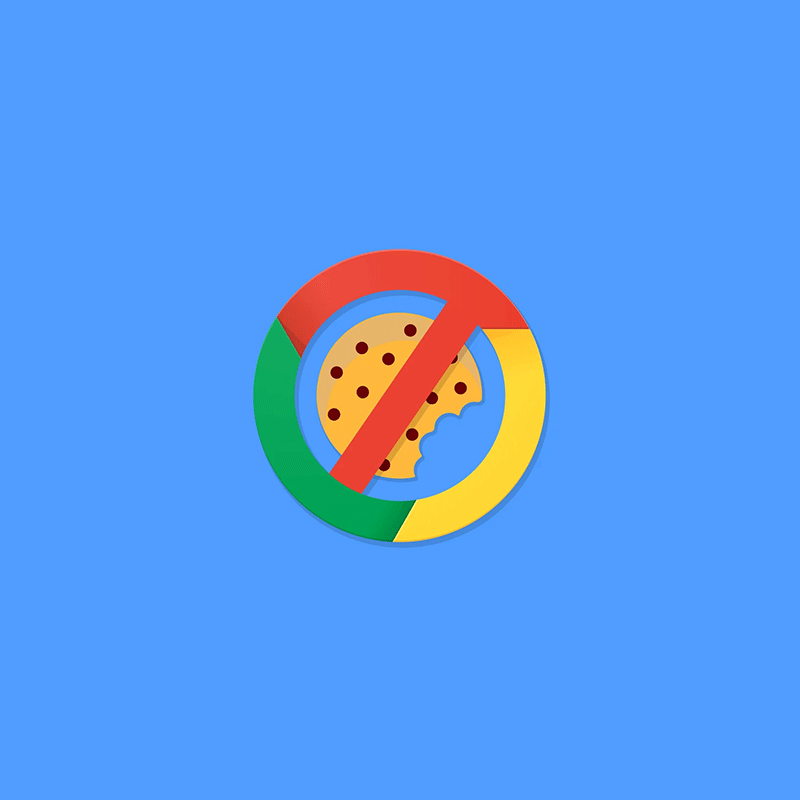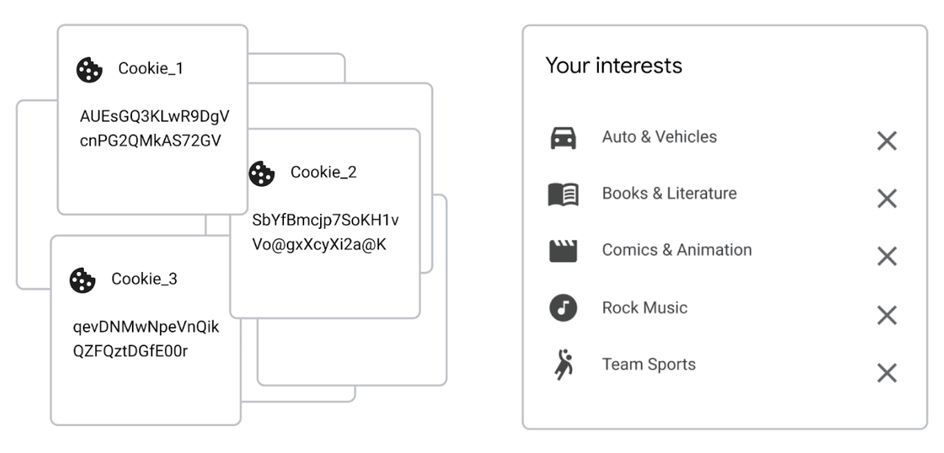
Google is the giant of the web, a company that lives by tracking people wherever they are on the web and mobile through its various products and services.
In order to embrace a cookie-less future, Google introduced Federated Learning of Cohorts (FLoC), an initiative under its Privacy Sandbox proposal, where users' data could be sent to advertisers for personalized experiences but in a privacy-preserving manner.
Google cleverly attempts to preserve its users privacy, but without sacrificing its business.
Unfortunately, many starting hating it as soon as it was announced.
From competitor DuckDuckGo which tweaked its extension to start blocking FloC, to a proposal that suggested WordPress should treat FLoC "like a security concern."
FloC also received backlash from Vivaldi, Brave and more, who wish to not allow FloC to run on their products.
All of these forced Google to delay FloC's rollout.
And time, Google announced that it has officially killed off FLoC.
In its place, the company is shifting its focus to 'Topics'.
Through Topics, users' web browser will determine their top interests for the week based on their browsing activity.
These interests will then be stored locally on users' device for a period of three weeks. After that, the data will be deleted, and won't be sent to any external server, even those that Google owns.
Topics will essentially shared three topics belonging to a user to the website and its ad partners. This will comprise of one topic from each week and no more.
And to give users more control, Google is building controls in Chrome so users can remove certain topics or disable the capability completely.
"More importantly, topics are thoughtfully curated to exclude sensitive categories, such as gender or race," Google said in a blog post.
"Because Topics is powered by the browser, it provides you with a more recognizable way to see and control how your data is shared, compared to tracking mechanisms like third-party cookies. And, by providing websites with your topics of interest, online businesses have an option that doesn’t involve covert tracking techniques, like browser fingerprinting, in order to continue serving relevant ads."

Google's business involves showing targeted ads. Google can do this by profiling its users, and knowing what they like the most. Google does this by tracking its users wherever they are on the web and mobile.
And FLoC was how Google wanted to stop tracking individual users as they browse the web, by moving away from third-party cookies.
When Google first announced it, the company said that its Chrome web browser would no longer use third-party cookies by 2022, adding that it will not create or use any other tools that identify individual users for advertising purposes.
Using FLoC, Google had planned to preserve user privacy by doing things such as clustering users in interest-based groups.
FLoC aimed to constantly group people into big baskets designed by algorithms based on websites users visited in the last week. Advertisers could show ads to a preferred basket, but they would not know the individuals in it or what interest they shared in common.
Not only that FLoC received a number of big haters, in some tests, some advertisers also realized that FLoC was less effective than cookies for choosing users to target and the system, and that it also carried the risk of exposing an individual's browsing history.
The decision for not utilizing trackers, is a major shift for the technology giant, which has long been the largest digital advertising company in the world by share of spending.
With FLoC's death, Google focuses in developing the Topics API, which can be found on its dedicated website, and its GitHub page.
